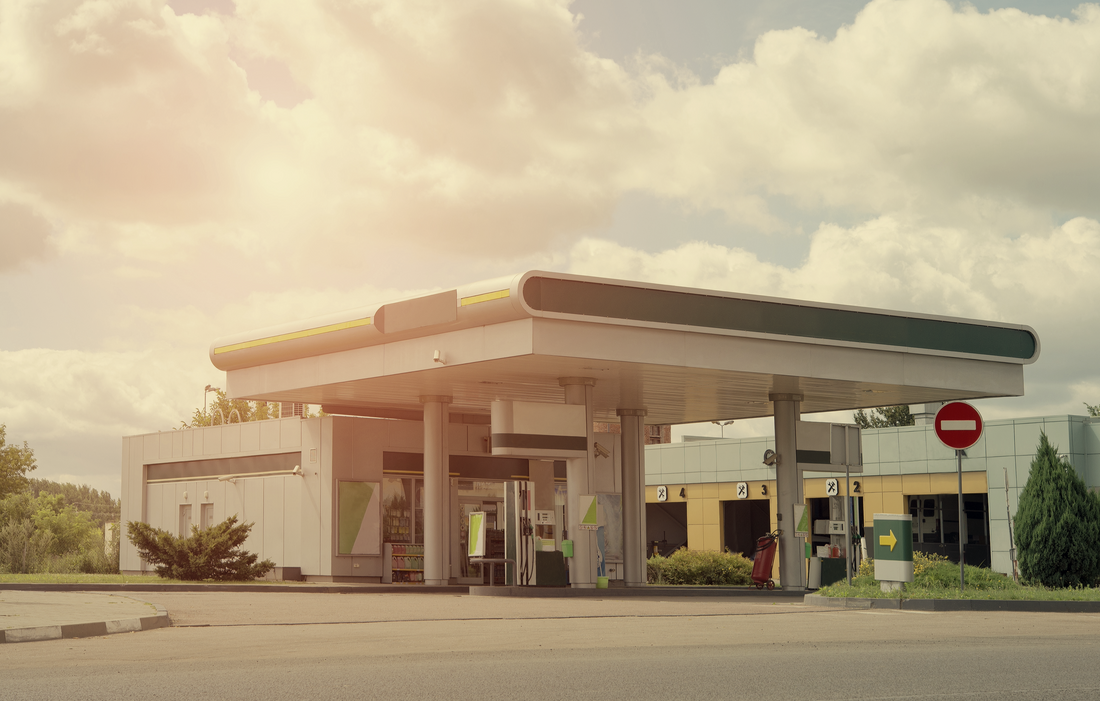Reviewing the North American Gas Station Convenience Store Experience: A Case Study
In the world of convenience, gas stations have long been synonymous with less-than-stellar coffee. They've typically been pit stops for refuelling and quick snacks rather than the go-to destination for a high-end artisan coffee experience. Recently, we were asked for help from a North American gas station chain that aimed to shatter this stereotype by upgrading their decor and coffee game. Unfortunately, their endeavours encountered several stumbling blocks, notably a reluctance to heed recommendations.
Navigating Research Challenges
While it's true that the average gas station coffee customer isn't usually seeking a $5 artisanal brew, even though they might gladly indulge in such a treat at their local café. Our client's initial premise was to emulate the successful Esso-Tim Hortons partnership, but with artisanal coffee and 4th wave decor. However, a critical oversight in their research was failing to recognize that Esso's partnership with Tim Hortons thrived in an environment of modest expectations and pricing. This oversight suggested either an erroneous perception of Tim Hortons as a high-end brand or an unwavering commitment to introducing specialty coffee to gas stations, regardless of research findings.
Another significant misstep was the failure to distinguish between their core business of fuelling vehicles, convenience store and their newfound venture into the realm of specialty café culture. By not clearly delineating the gas station from the café, customers continued to associate the coffee with "gas station quality". Even if the café itself exuded a millennial friendly ambiance with chic décor, trendy seating, and premium branded specialty coffee, the glaring presence of a slushie machine adjacent to the coffee bar sent a mixed message further blurring the lines between convenience and café sophistication.
Our client's assumption that a mere upgrade in décor and coffee offerings to a new aesthetic costing them 100's of thousands of dollars. What they needed was a comprehensive transformation, one that encompassed not just the physical aspects but also the cultural shift required for success.
Narrowed Perspectives and Confirmation Bias
A potential root cause of these issues could possibly be traced to management's inclination towards confirmation bias, a cognitive bias that tends to lead individuals to seek out consultants and advisors who validate their preconceived notions and numerical expectations. Our client anticipated receiving validation from a specialty coffee expert, but instead, they encountered a divergence of opinion. This divergence created resistance to the logical arguments that contradicted their entrenched beliefs and dreams of establishing specialty coffee shops in gas stations across Canada.
In Conclusion
The North American Convenience Gas Station case study serves as a poignant reminder of the perils of neglecting thorough research and the broader customer experience when embarking on opening a business. Although upgrading décor and coffee offerings may appear straightforward, it demands a meticulous consideration of brand perception and customer expectations. Only by transcending confirmation bias and embracing a holistic approach can businesses successfully revamp their image, culture and deliver the experiences that customers genuinely crave and seek out.



